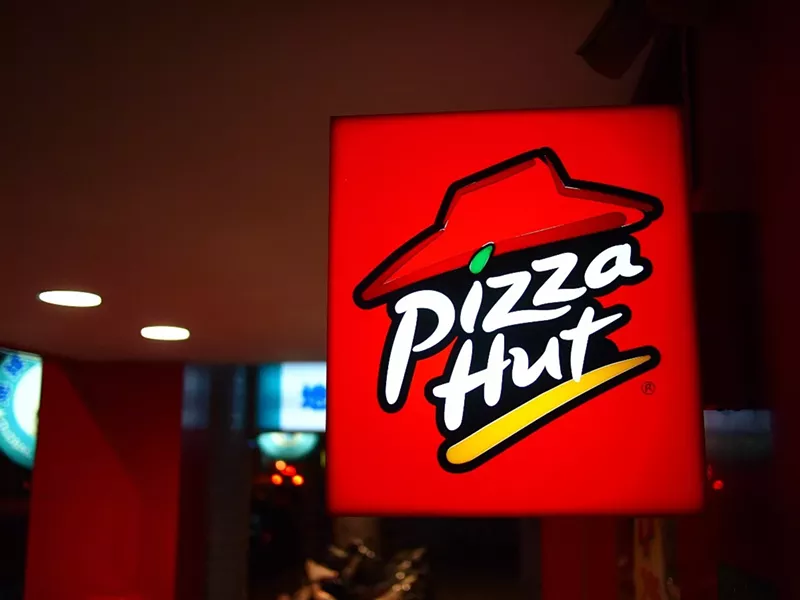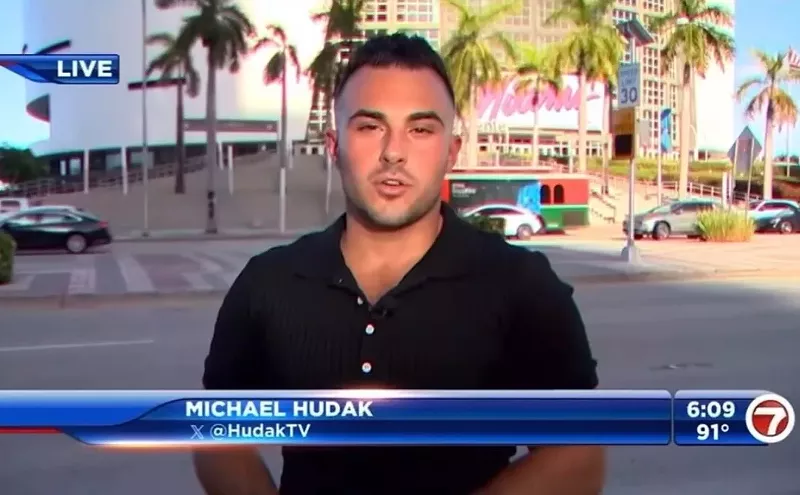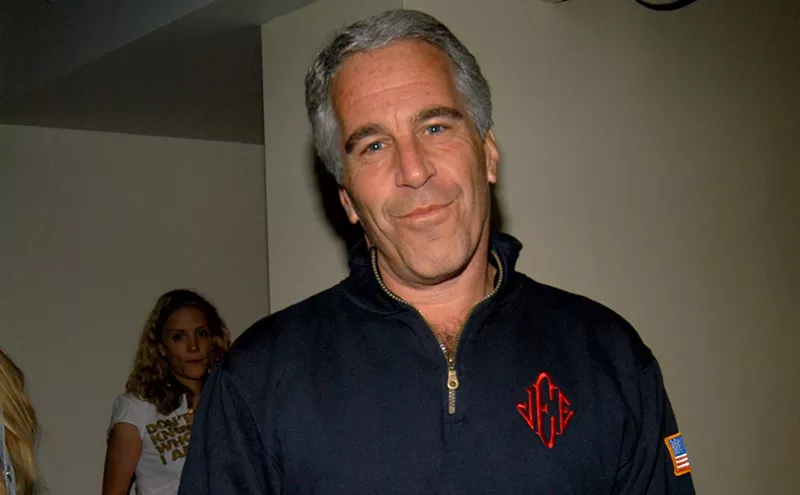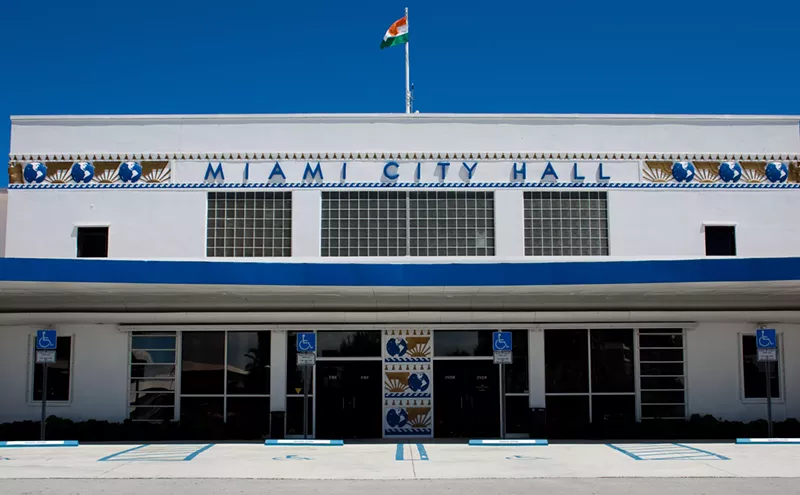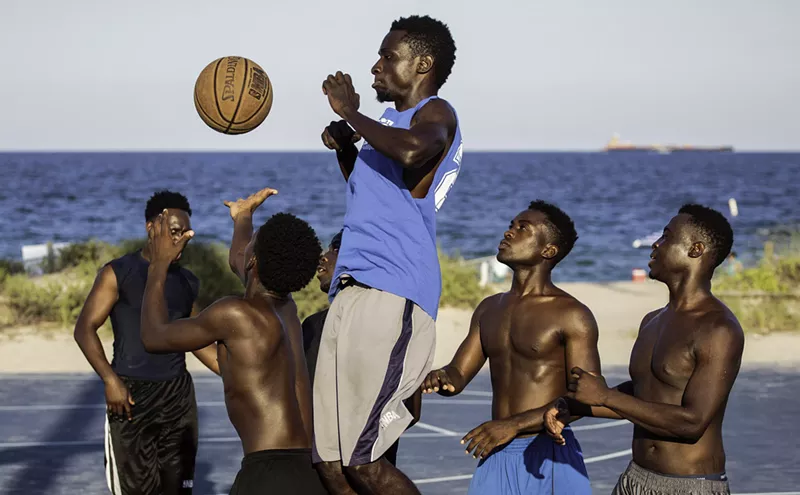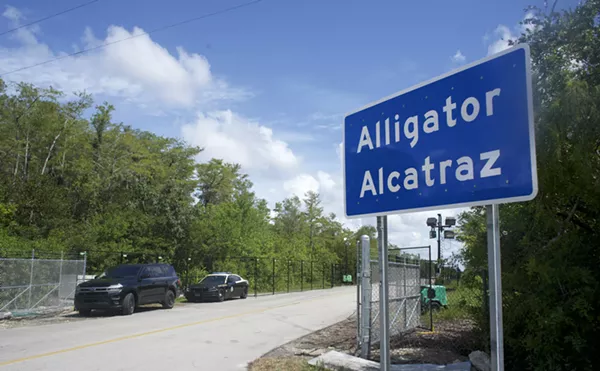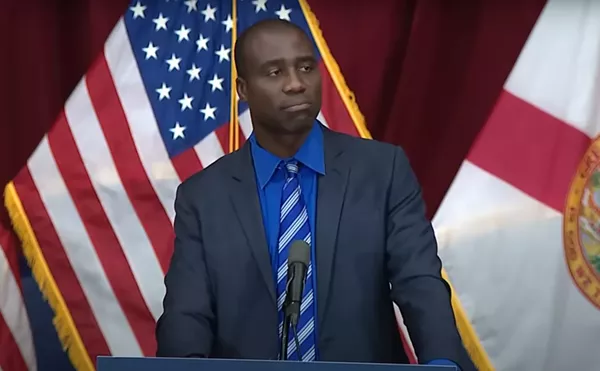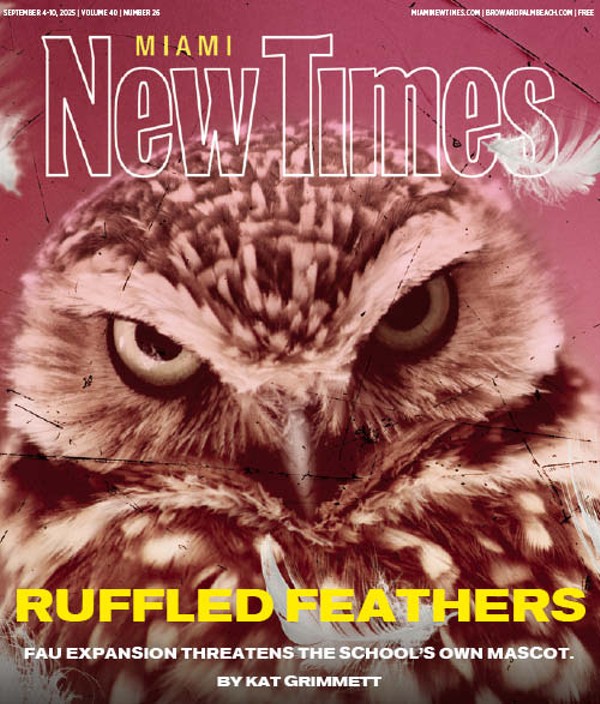While picking up pizza in Fort Lauderdale recently, writer Adam Weinstein noticed his local Pizza Hut at 1239 S. Federal Hwy. had a clearly displayed policy of not accepting nighttime deliveries in the district including Sistrunk Boulevard, a historically black community:
The prominently displayed note instructs employees not to deliver to addresses in the northwest district, an area north of Broward Boulevard and west of NW Ninth Avenue. The neighborhood is home to many important historical places in the African-American community, including the Old Dillard Museum, which memorializes the city's first school for black children, and the Dr. James F. Sistrunk Historical Marker, named for Broward County's first black doctor. To this day, the area remains predominantly black.Relatedly, was in a local Pizza Hut the other day and noticed their delivery map includes a note not to make deliveries to Sistrunk, the historically African-American neighborhood, after dark. pic.twitter.com/BoSAgomaHV
— Adam Weinstein (@AdamWeinstein) December 1, 2017
When New Times asked the Pizza Hut about the policy, a manager said the delivery cutoff, which begins each night at 7, is a corporate policy. Pizza Hut's corporate headquarters did not respond to a request for comment.
The redlining of pizza delivery isn't unique to Fort Lauderdale or Pizza Hut, though. Over the years, a number of pizza shops have been accused of discriminatory policies that exempted deliveries to minority neighborhoods. In 1996, the problem was so bad that the City of San Francisco tried to write a law banning the practice. The restaurant industry pushed back, and a loophole was eventually written into the law to allow drivers to skip out on deliveries if they felt endangered.
Florida also has a history of discrimination complaints involving pizza delivery. In 2000, Domino's had to settle with the Justice Department after the chain received blowback from customers near Jacksonville. Two years later, Tarpon Springs' city attorney threatened to revoke Pizza Hut's operational license when a location stopped making deliveries to a predominantly black neighborhood. Pizza Hut defended its policies, calling it an issue of driver safety.
"We work to balance our customers' wants with our delivery persons' safety," spokesperson Patty Sullivan said at the time.
In the past, companies such as Pizza Hut and Little Caesars have said they used crime statistics to map out their coverage areas, although it's unclear if those practices are still in place.
Though delivery services have traditionally used crime as a reason to steer clear of certain neighborhoods, City Lab says technology might solve the problem once and for all. By using self-driving cars, restaurants could deliver pizza to neighborhoods fairly and safely.
"There's the potential fix for the problem of pizza redlining — where the perceived danger of neighborhoods dissuades drivers from dropping off pizza," writer Andrew Small says. "These delivery cars aren’t exactly at the same level of risk for robbery as drivers."
It's worth noting, though, that many neighborhoods blocked from pizza delivery in various parts of the country have been proven no more dangerous than whiter neighborhoods within the delivery zone. In the case of the Domino's lawsuit, the company signed an agreement requiring it to review actual crime statistics and set up community meetings before banning deliveries to any one neighborhood.

